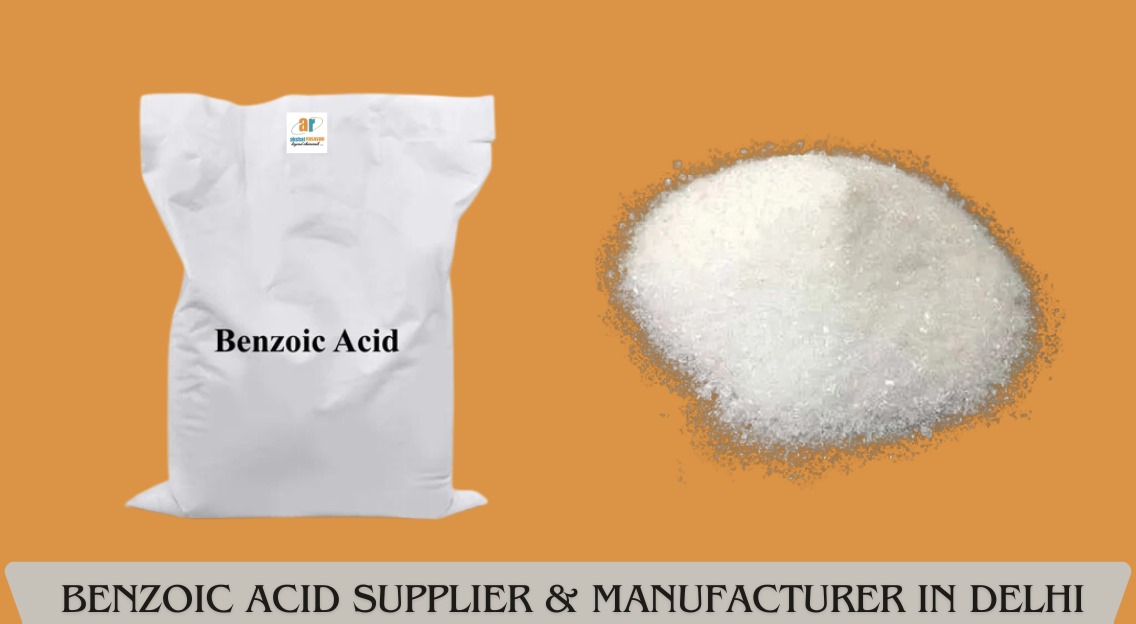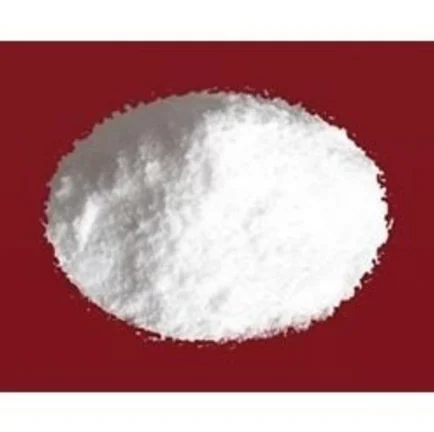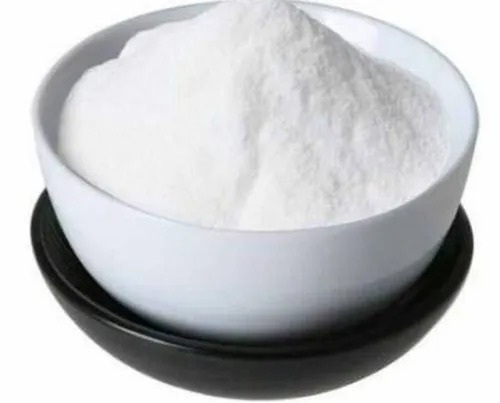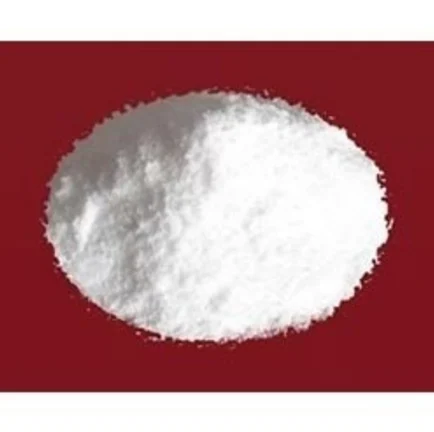 DA 50+ Guest Posts – Get Featured on Real Authority Blogs!
DA 50+ Guest Posts – Get Featured on Real Authority Blogs!
Tannic Acid: A Versatile Compound with Wide-Ranging Applications
Written by Akshat » Updated on: June 17th, 2025

Introduction
Tannic Acid is a naturally occurring polyphenol found in plants such as oak bark, chestnut, and certain fruits. It has been valued for centuries for its astringent and antioxidant properties, making it a key ingredient in traditional medicine, food processing, and industrial applications. Its ability to bind proteins and organic compounds gives it broad utility across various industries, including pharmaceuticals, food production, leather processing, and water treatment.

With the growing demand for natural and eco-friendly ingredients, Tannic Acid has gained popularity for its health benefits and industrial versatility. Its antimicrobial, anti-inflammatory, and antioxidant properties make it a valuable resource for improving product performance and supporting health and wellness.
Health and Nutritional Benefits of Tannic Acid
Tannic Acid provides several health benefits, contributing to its widespread use in healthcare and personal care products:
Antioxidant Protection – Neutralizes free radicals, reduces oxidative stress, and protects cells from damage, contributing to overall health and longevity.
Anti-Inflammatory Properties – Reduces inflammation, making it effective for treating skin conditions, digestive discomfort, and muscle soreness.
Antimicrobial Action – Inhibits the growth of harmful bacteria and fungi, helping to prevent infections and improve product shelf life.
Digestive Health – Traditionally used to treat diarrhea and gastrointestinal issues by calming the digestive tract and reducing irritation.
Oral Health – Included in dental treatments and mouthwashes to strengthen gums, reduce bleeding, and prevent oral infections.
Industrial Applications of Tannic Acid
The unique chemical structure of Tannic Acid allows it to interact with proteins, metals, and other organic compounds, making it highly valuable across different industries:
Food and Beverage Industry – Used as a natural clarifying agent in wine and beer production, enhancing flavor, texture, and color stability.
Pharmaceutical Industry – Added to medications for treating inflammation, minor wounds, and digestive issues. It also serves as an astringent in topical treatments.
Leather and Textile Industry – Essential in the tanning process to treat animal hides, producing soft, durable, and high-quality leather.
Water Treatment – Acts as a natural coagulant to remove heavy metals and organic pollutants from wastewater.
Cosmetic Industry – Used in skincare products for its antioxidant and anti-inflammatory properties, improving skin texture, tone, and resilience.
Metal Industry – Applied as a rust inhibitor and protective coating to prevent corrosion and enhance durability.
Ensuring Quality and Purity in Tannic Acid
To maximize the benefits of Tannic Acid, industries need to ensure high purity and consistent quality. Key considerations include:
Purity Levels – High-quality Tannic Acid should have minimal impurities to ensure maximum effectiveness and safety.
Source and Extraction Process – Sourcing from high-quality plant materials and using advanced extraction methods ensures better performance and consistency.
Stability and Shelf Life – Proper storage and moisture-resistant packaging preserve potency and prevent degradation over time.
Regulatory Compliance – The product should meet industry standards such as ISO, HACCP, and GMP to ensure safety and quality.
Selecting the Right Tannic Acid Supplier
Choosing a reliable supplier is critical for securing high-quality Tannic Acid. Businesses should evaluate suppliers based on the following factors:
Certifications and Compliance – A reputable supplier should follow industry regulations and maintain strict quality control.
Packaging and Storage – Secure, moisture-resistant packaging protects the product during transportation and storage.
Supply Chain Reliability – A strong distribution network ensures timely delivery and consistent product availability.
Competitive Pricing – The cost should reflect the product’s quality without compromising purity or performance.
Technical Support and Expertise – A knowledgeable supplier should provide guidance on product applications and technical specifications.
Why Partnering with a Trusted Supplier Matters
A reliable supplier provides:
Bulk supply options to meet the needs of various industries.
High-quality, laboratory-tested Tannic Acid with detailed certification.
Customizable packaging solutions to fit specific industry requirements.
Expert consultation on optimal product usage and handling.
Consistent quality assurance to meet industry standards and customer expectations.
Conclusion
Tannic Acid is a versatile and valuable compound with broad health and industrial benefits. Its antioxidant, antimicrobial, and astringent properties make it an essential ingredient in food, pharmaceuticals, cosmetics, and manufacturing.
Sourcing high-quality Tannic Acid from a trusted supplier ensures consistent performance and product integrity. A reliable supplier guarantees purity, compliance with industry standards, and timely delivery, helping businesses maximize the advantages of Tannic Acid.
By partnering with a reputable supplier, companies can enhance product quality, improve customer satisfaction, and achieve long-term success in their respective industries.
Note: IndiBlogHub features both user-submitted and editorial content. We do not verify third-party contributions. Read our Disclaimer and Privacy Policyfor details.
Copyright © 2019-2025 IndiBlogHub.com. All rights reserved. Hosted on DigitalOcean for fast, reliable performance.













